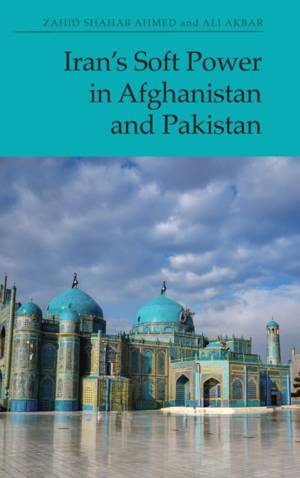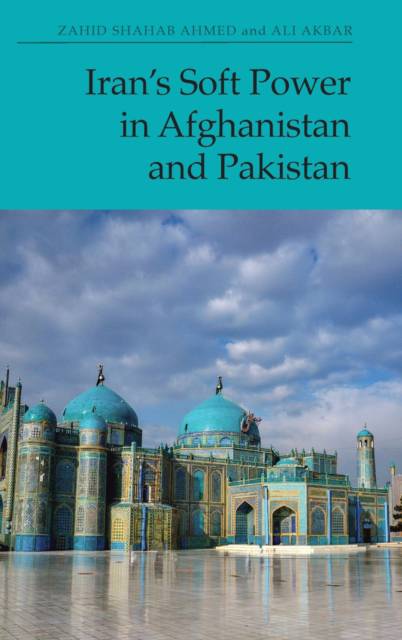
- Afhalen na 1 uur in een winkel met voorraad
- Gratis thuislevering in België vanaf € 30
- Ruim aanbod met 7 miljoen producten
- Afhalen na 1 uur in een winkel met voorraad
- Gratis thuislevering in België vanaf € 30
- Ruim aanbod met 7 miljoen producten
Zoeken
€ 193,45
+ 386 punten
Uitvoering
Omschrijving
This book explores Iran's soft power in two of its eastern neighbours - namely Afghanistan and Pakistan - in key areas including the cultural, religious, social, media, ideological and educational spheres. It explains what resources and instruments Iran has used to project its soft power in the two selected countries since the establishment of the Islamic Republic of Iran in 1979, and how Iran's attempt to increase its reach has been perceived by elites and opinion makers in Afghanistan and Pakistan. It therefore offers the most up-to-date examination of Iranian soft power tools and strategies and how they are received in both countries - topics which have not hitherto been fully explored. The book reflects the ideas of local Afghan and Pakistani participants from civil society, government, military, media, academia, think tanks and policymaking, explaining the extent to which research participants perceived Iranian soft power in a positive or negative manner.
Specificaties
Betrokkenen
- Auteur(s):
- Uitgeverij:
Inhoud
- Aantal bladzijden:
- 192
- Taal:
- Engels
Eigenschappen
- Productcode (EAN):
- 9781399517454
- Verschijningsdatum:
- 1/08/2023
- Uitvoering:
- Hardcover
- Formaat:
- Genaaid
- Afmetingen:
- 156 mm x 234 mm
- Gewicht:
- 449 g

Alleen bij Standaard Boekhandel
+ 386 punten op je klantenkaart van Standaard Boekhandel
Beoordelingen
We publiceren alleen reviews die voldoen aan de voorwaarden voor reviews. Bekijk onze voorwaarden voor reviews.







